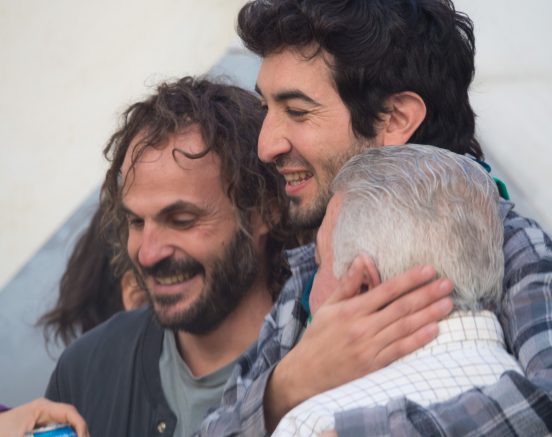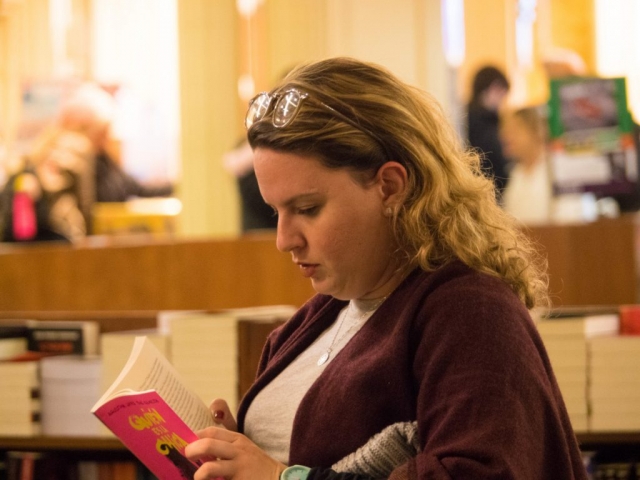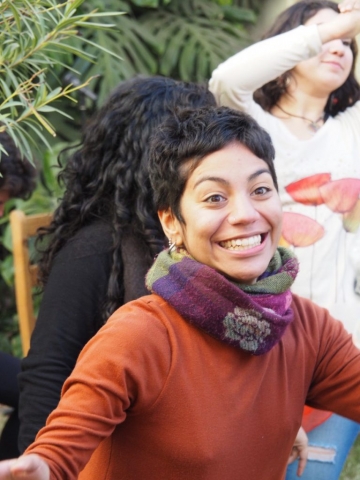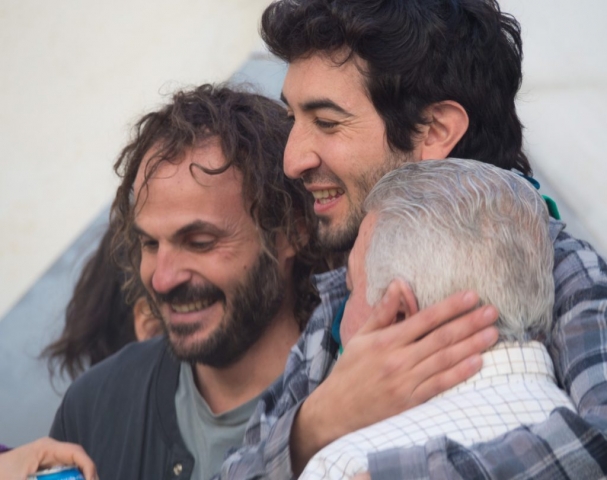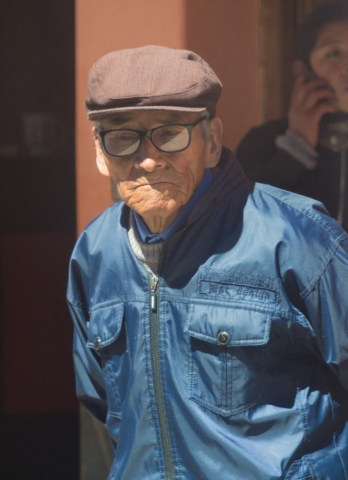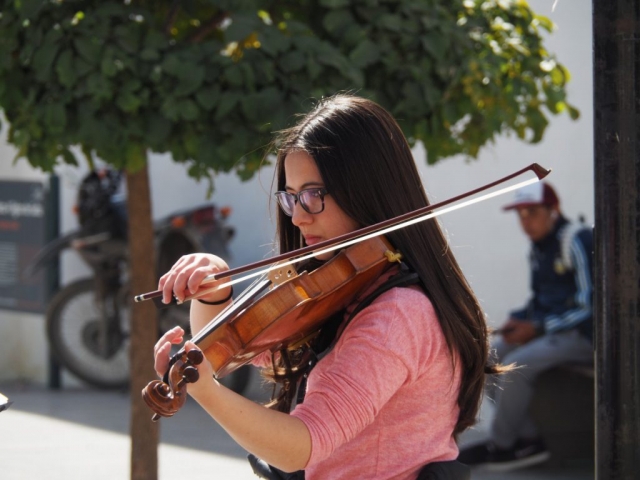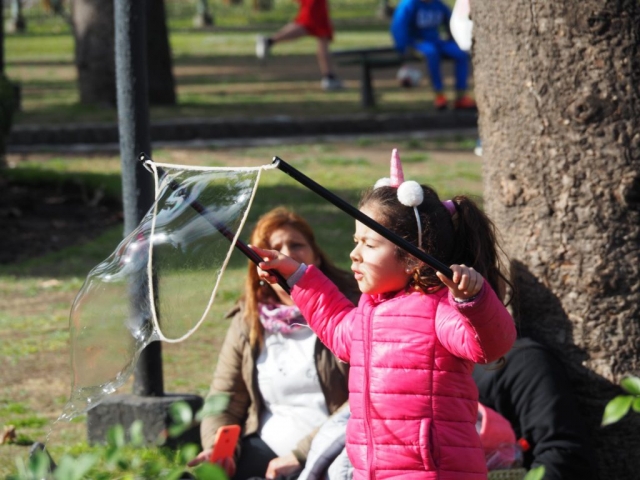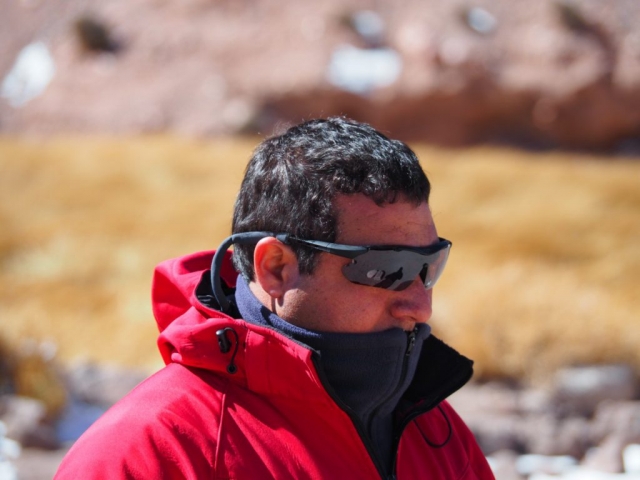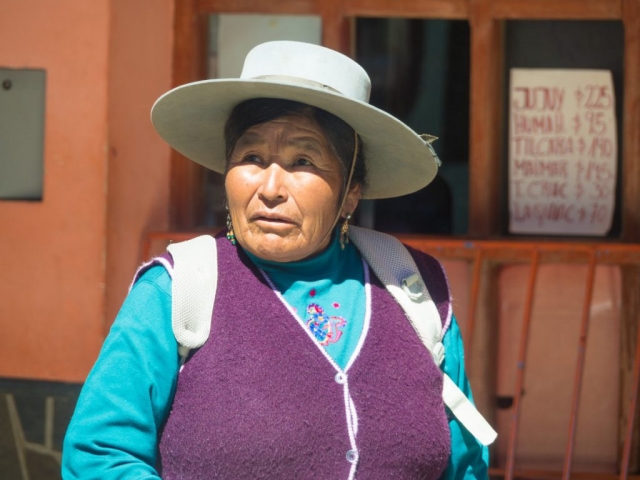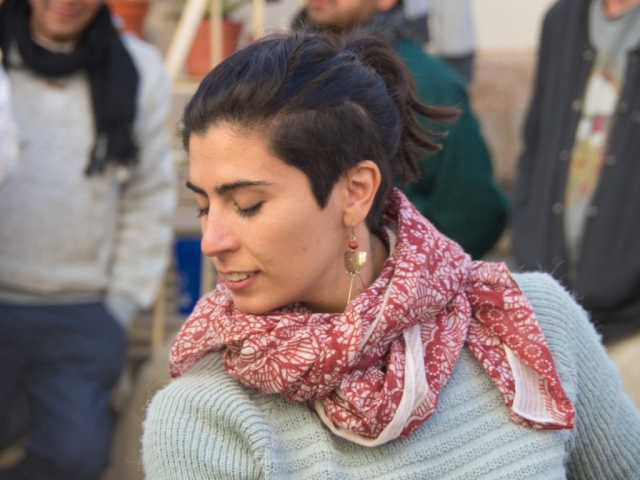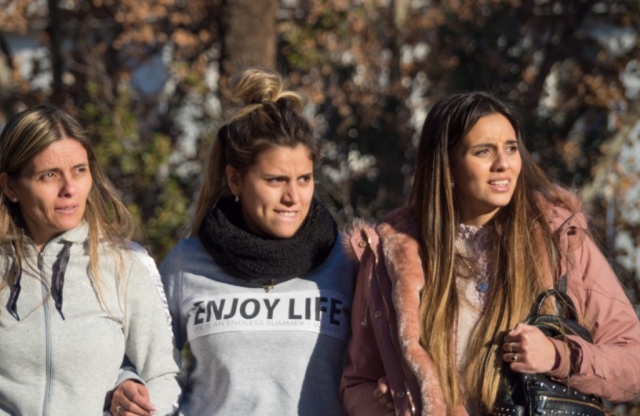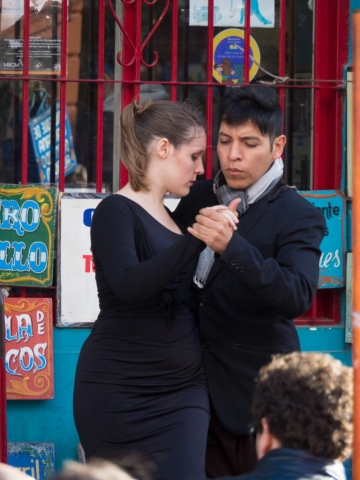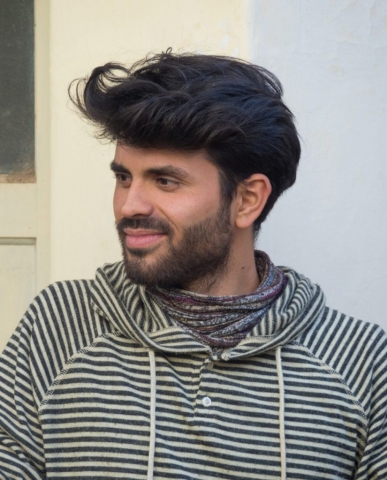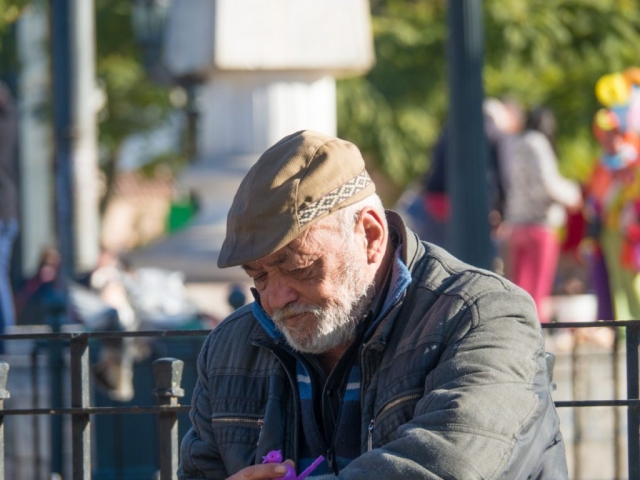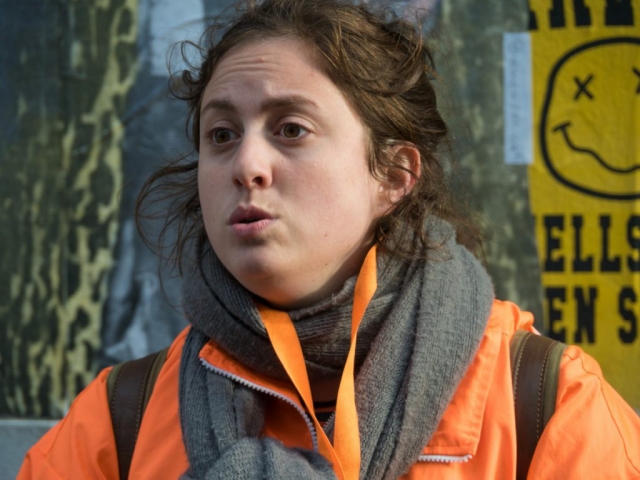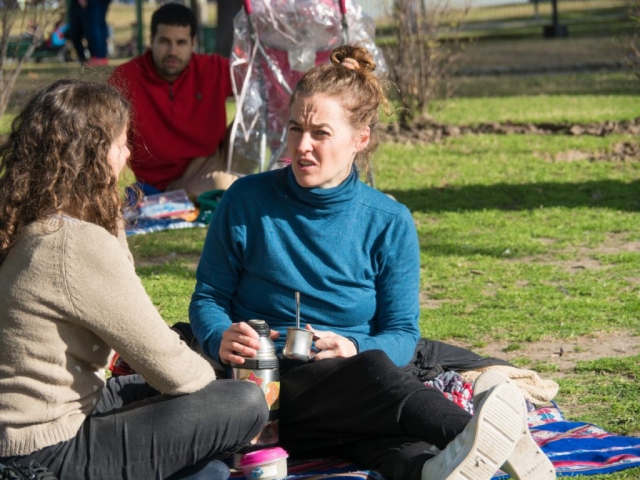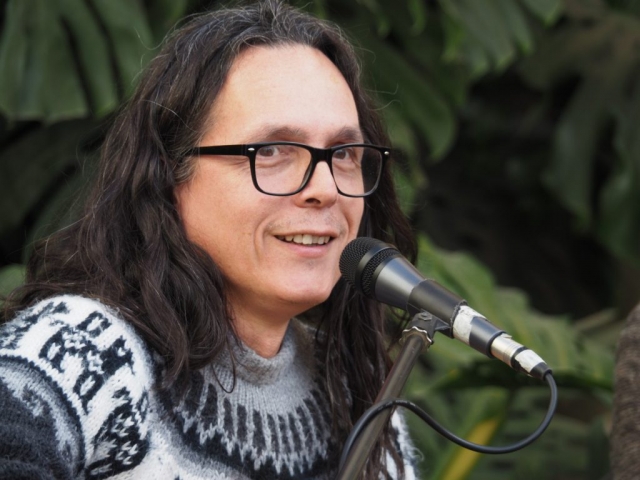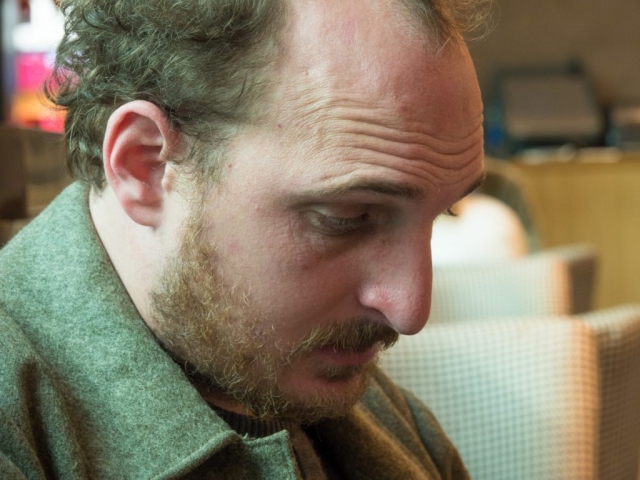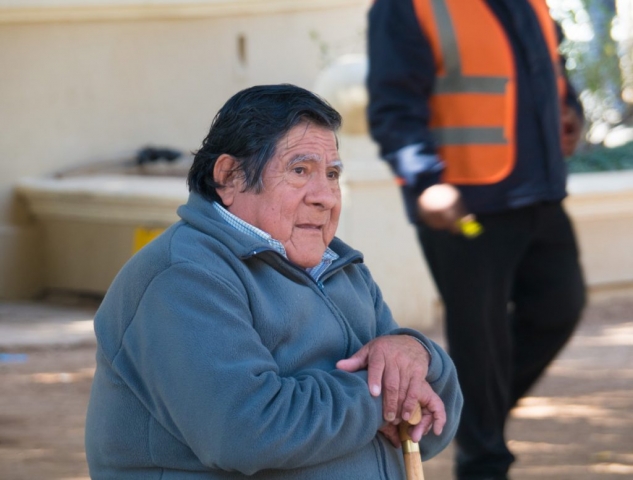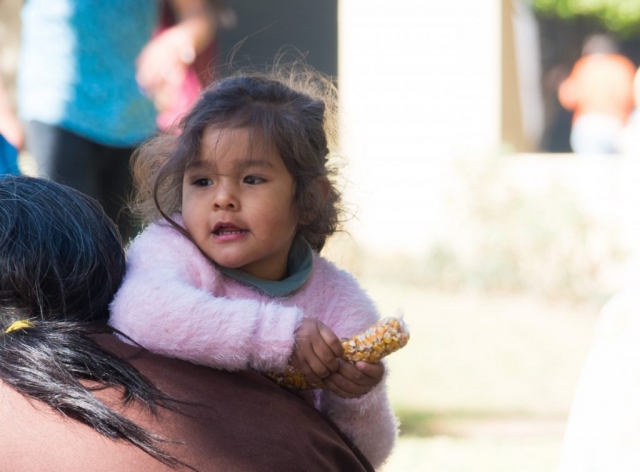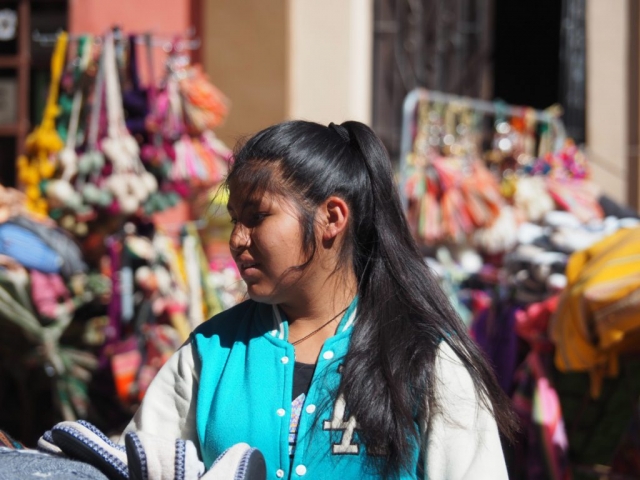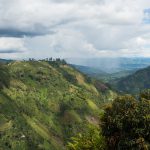Argentina is probably the most European country in Latin America. We felt a bit at home in Buenos Aires as well. Nevertheless, as a western traveler in this country you have to get used to a few things, some of them trivial. The smallest room for instance is such a case. In most of our stays, especially in the private accommodations via Airbnb, there was no possibility to lock the door in the toilets. So when the door is closed, is the bathroom occupied or not? When asked if there was a code or a system to tell if someone was in the bathroom or not, we got a shrug of the shoulders as a response. The Argentines just don’t seem that embarrassed. However, they are little more sensitive when it comes to the smell in the house. In almost all of our rooms there were incense sticks in fragrance oil, which were a bit too pungent for our taste.
Still, the private accommodations were our favorites. In this way we came into direct contact with the locals and experienced normal life, Argentine culture and politics. Hotels were too expensive for us, but in the Airbnbs we had to give up some of the comfort. Instead of double beds there were often extendable beds, where one sleeps at a higher level and the other closer to the floor. Normally, there were no heaters. Remember, it’s winter in Argentina, and it can get very cold at night. Luckily we had our sleeping bags with us, so we didn’t have to freeze. With a bit of luck, we found a gas or electric heater. If not, the kitchen was warmed up with the gas stove. That was a little crazy for us Germans, because it’s not efficient and not cheap. Electricity is not cheap either in Argentina. But turning off the lights and turning off the TV when you leave the room, just as we learned it at home? No sign of it in Argentina.
What is also quite different compared to other countries is the issue of money in Argentina. It is one of the few countries in the world where foreigners have to pay significant fees at ATMs: not a percentage but a fixed amount of about 10 euros per withdrawal. This fee is different for each bank. In addition, the fee varies from day to day and from branch to branch. There is no information on the Internet. So if you want to save money, you have to check and compare. There are other ways to get cash though, but the cheapest way is to exchange euros or dollars for cash. What was a little annoyance for us is a bigger problem for the Argentines. Banks are slow, demand horrendous account management fees and loans for Argentinians are outrageously expensive. In the cities there are long queues at ATMs and “payment shops”. In these shops you can pay bills and make bank transfers much faster than at a bank.
People generally like to stand in line in Argentina. 🙂 Not only in banks, but also for topping up the card for local public transport. In some cities there are only a few shops where this can be done. Fortunately, waiting times are usually okay. Remarkably, there is an electronic ticketing system in all major Argentine cities. Unlike Germany, paper tickets are a thing of the past. Except for intercity buses. There you have to print out the ticket purchased via the Internet. This has already caused a few tourists quite some headache and it is therefore not possible to book at the last minute. And you have to search as a tourist for a while until you find a shop that can print out the tickets from the Internet. If you are lucky, there is a copy shop at the bus station. Well it only has to be open at departure time.
And here we are at the next issue: the odd opening hours. They apply not only to the restaurants which we have already mentioned, but also to all other shops apart from big supermarkets. For example, if you want to book a tour or rent a car from a travel agency, you can do so in the morning or in the evening. In the afternoon everything is shut down. If it is very hot, this siesta is definitely justified. In the Argentinean winter, however, it is pleasantly warm in the afternoon, ideal for errands. Instead, you have to get out when it’s cold at night.
This daily rhythm also reflects in eating habits. There’s almost nothing for breakfast. No surprise when you have dinner at 9 or 10 pm. Coffee or tea is served at 6 or 7 pm, which actually goes well with the temperatures. When it gets cold outside, you can warm up. For lunch and dinner, it is very often beef that is served in different variations: “Milanesa” (schnitzel), “Matambre” (roast beef or flank steak) and the steaks I have already praised can be found on almost every menu. It seems unimaginable that Argentines would be able to abandon this immense consumption of meat, for whatever noble purpose. Maybe due to the large quantities of meat there are so many huge Argentine street dogs. We had the impression that they do not always find their food themselves, but are perhaps fed with leftovers.
Did we like Argentina? Yes, we did. Argentina is a very musical country. And there is a lot of dancing: not only the famous Tango argentino, but also folklore. We enjoyed that very much. And the people were perhaps the best thing in the country for us. Similar to Iran, we had a lot of contact with the locals in Argentina, saw their problems and understood them a little better than before. They are not so much foreign to Europeans. The Argentines did not only take us with their car or invited us to parties, they also helped us to find a quick appointment with a capable dentist and a microbiological laboratory for Conny. The hospitable, warm and reserved Argentinians, who often helped us when we needed help, this remains as the greatest memory.
And now, as always, the Argentines have their say:
“If you want to find work in Argentina, you’ll find some. The last government spoiled the people too much.” Taxi driver in Buenos Aires
“Nobody works here for free.” Daniel from Salta
“This country has something for everyone. Landscape, culture, customs, there’s something for everyone.” Alberto from Jujuy
“Corruption is the main problem in the country. It doesn’t allow for any progress.” Ricardo from Santa Fe
“This country’s going downhill. Since Macri came to power, many people are worse off.” Macarena from Córdoba
“Argentina is so rich. But politicians must run the country better. So far, the population has not benefited from the wealth.” Ana from Salta
We say goodbye with a famous singer that we heard multiple times on our way through Argentina.
